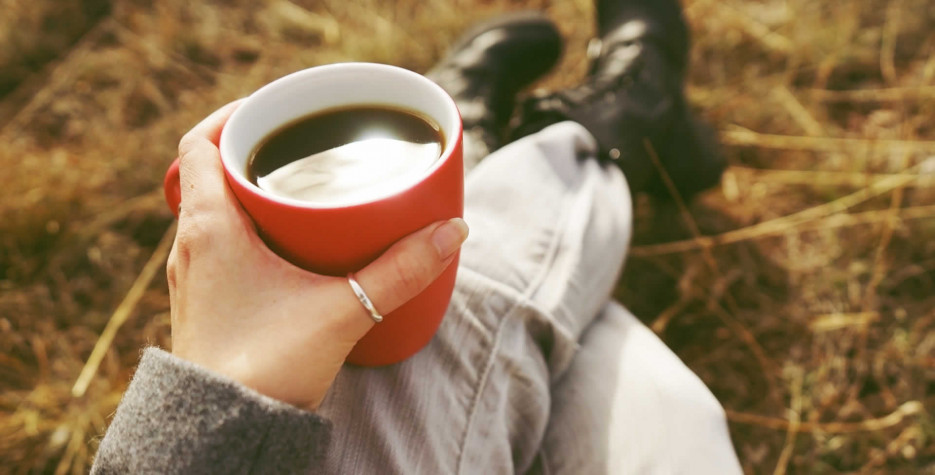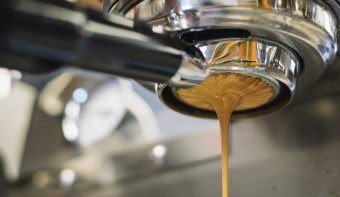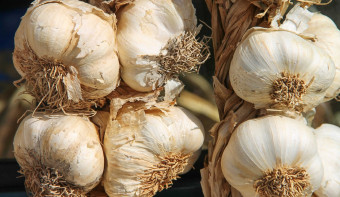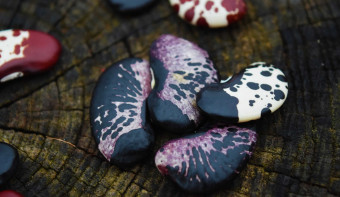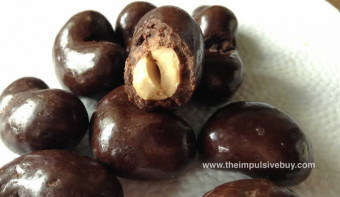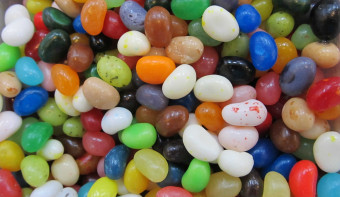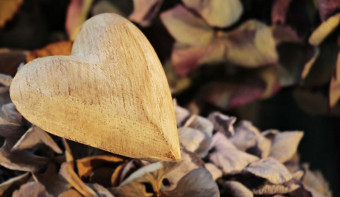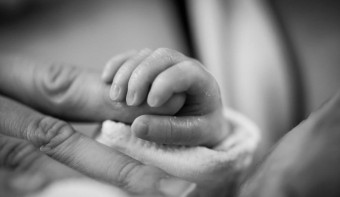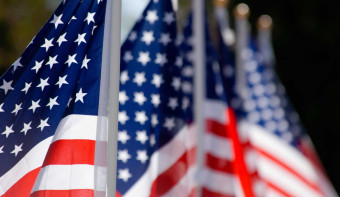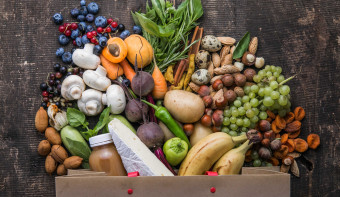About National Coffee Day
Every year on September 29th, coffee lovers across the United States unite to celebrate National Coffee Day, a holiday dedicated to the beverage that has become an essential part of daily life for millions. Though the day was officially recognized in 2009 by the Southern Food and Beverage Museum in New Orleans, the celebration itself started in 2005. The chosen date has historical significance, marking the anniversary of the first shipment of coffee beans from Brazil to the United States, which took place in 1723.
For many, coffee is not just a beverage; it’s a daily ritual that kickstarts the morning, sparks creativity, and fosters connections. Whether you prefer it black, iced, or sweetened with cream and sugar, coffee is woven into the fabric of American culture. And National Coffee Day offers the perfect opportunity to reflect on how this beloved drink found its way into our hearts and cups.
A Rich History in Every Sip
The story of coffee’s journey to the U.S. starts in 1723, when a shipment of beans arrived from Brazil, changing the nation’s relationship with the drink forever. Coffee quickly gained popularity, especially in cities like New York, where coffeehouses became hubs for political debate and social gatherings.
Fast-forward to the 20th century, and coffee's role in American culture had only grown. By the mid-1900s, it was a staple in American homes, workplaces, and diners. The post-war years solidified coffee's status as a symbol of productivity and energy, especially with the rise of "coffee breaks" in offices.
In the modern era, the proliferation of coffee shops like Starbucks and Dunkin’ Donuts transformed coffee from a home brew into a premium experience. This revolution sparked a deeper appreciation for coffee’s diverse flavors, origins, and preparation methods, giving rise to the "third wave" coffee movement, which treats coffee as an artisanal craft.
National Coffee Day: More Than Just a Cup
While National Coffee Day may seem like a simple celebration of a morning routine, it’s also a chance to appreciate the global journey coffee takes from seed to cup. The drink’s rich history spans continents, economies, and cultures. Farmers across the "coffee belt," which includes countries in Latin America, Africa, and Asia, play a crucial role in cultivating the beans that fuel our mornings.
In the U.S., the day is marked with discounts, giveaways, and promotions from cafes and coffee brands. Many businesses offer free or discounted coffee, encouraging people to enjoy their favorite drink while learning about its origins and production. It’s also a time to think about sustainability, with more coffee lovers seeking out ethically sourced beans to support fair trade and environmentally friendly practices.
America’s Favorite Hot Drink
There’s a reason coffee has earned its place as America's go-to beverage. For one, it's a powerful stimulant that helps boost alertness and focus, making it a staple for those long workdays or early mornings. But beyond its functional appeal, coffee brings people together. Whether it's over a casual chat with friends or a serious business meeting, coffee acts as a social glue, creating moments of connection.
While National Coffee Day is celebrated primarily in the U.S., it paves the way for International Coffee Day on October 1st, reminding us that coffee is a global phenomenon. However, the American spin on coffee culture—whether it’s the to-go cup in the morning rush or the leisurely latte on a Sunday—adds a unique flair to the celebration.
National Coffee Day is more than a day to grab a free cup of coffee—it’s a time to honor the drink that has shaped both American and global culture. From its first arrival in 1723 to its present-day role as an integral part of daily life, coffee has a fascinating history worth celebrating. So on September 29th, whether you’re brewing a pot at home or stopping by your favorite café, take a moment to savor your cup of joe and toast to the beverage that keeps America running.
- Did you know? During the manufacturing process, instant coffee loses many of the aromatic compounds that make coffee smell–so coffee companies have to put the smell back in.
- Did you know? After Frederick the Great of Prussia instituted a high tax on coffee, he hired a squad of "coffee sniffers" to go sniff out anyone illegally roasting coffee.
- Did you know?According to the CIA’s website, “Store Number 1″ is like any other Starbucks store in the U.S., with one difference: the barista won’t mess up your name. That’s because names aren’t allowed on the cups, not even aliases.
Video made with InVideo.
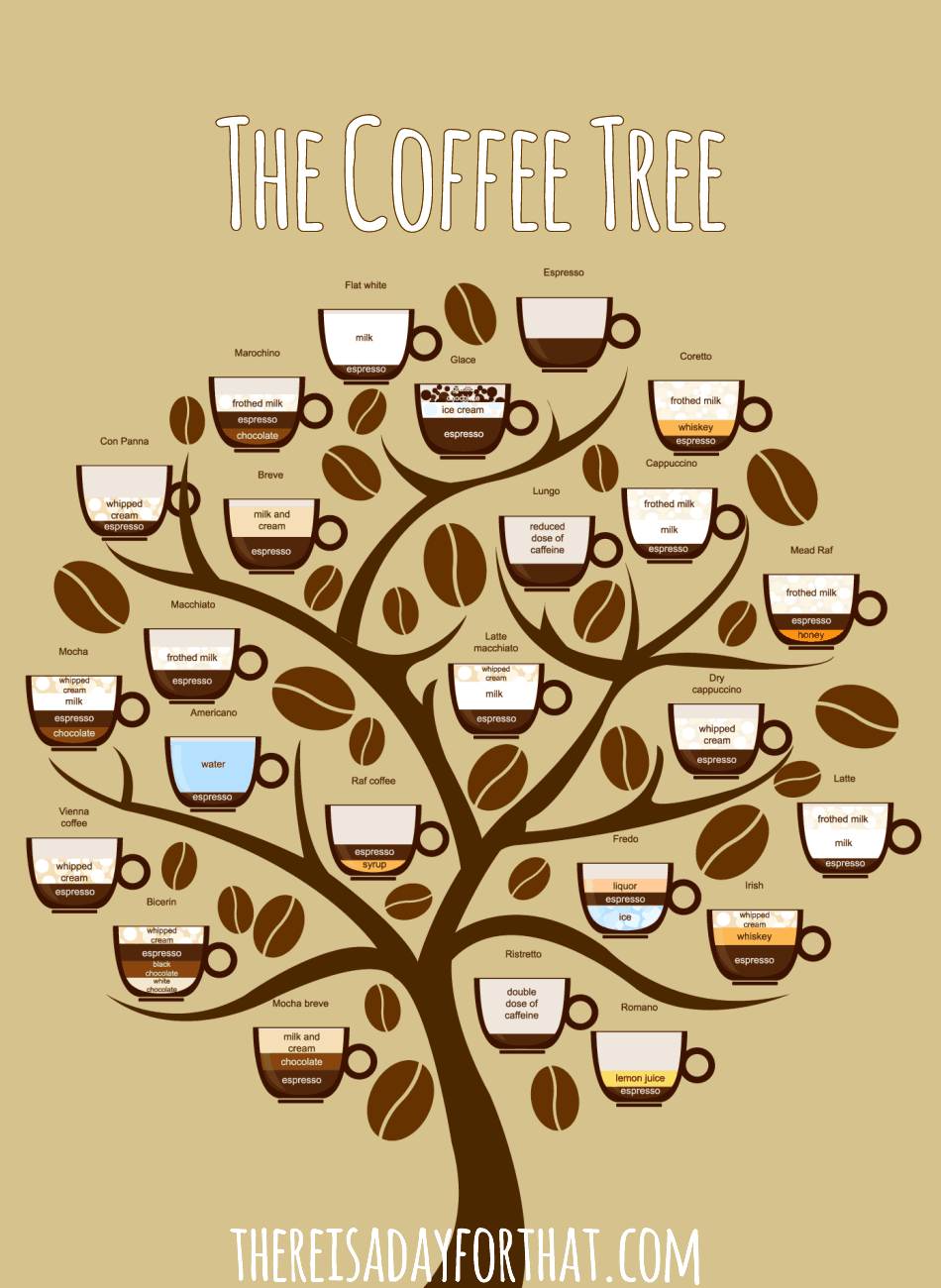
Similar Observances
National Chocolate Covered Cashews Day
Read More
Other Observances on September 29th 2025
World Heart Day ❤
Read More
International Day of Awareness on Food Loss and Waste Reduction
Read More


